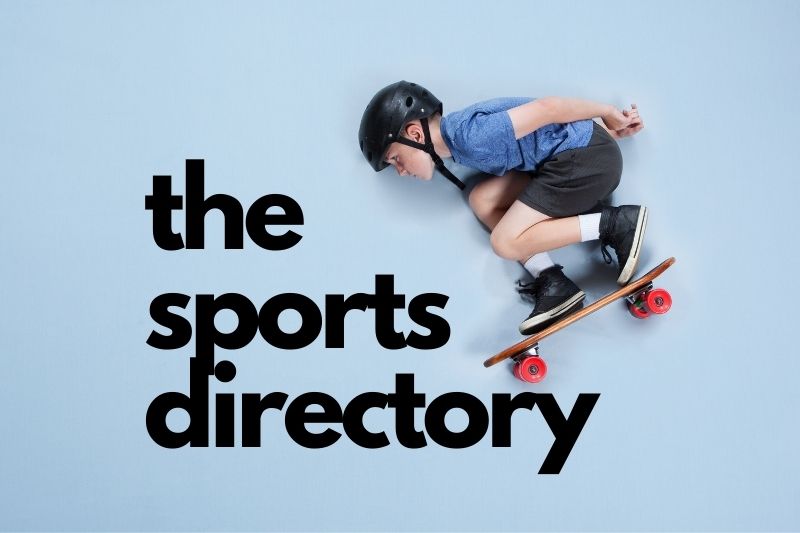Rachel Winston explains how to strengthen the bond with your baby through play.

There is a tendency to focus on all the things babies can’t do. After all, we have to do so much just to meet their basic needs – they rely on us to feed them, bathe them and change their diaper. One of the things babies are really good at, though, is play; they work round the clock on it!
No matter where a baby is born they arrive into the world fluent in their mother tongue language – which is play. Play is our brain’s favourite way to learn. It is the foundational way of interacting with our world and communicating with others.
Research shows that most of the cells in the brain are formed before birth, however most of the connections and pathways between cells are made during infancy and the early years. So, in other words, babies are born with most of the hardware but they need you to help them hook up the software.
One of the most important things a child tries to make sense of during the early months and years is themselves.
Am I lovable? Am I enjoyable to spend time with? Am I safe?
With play there are ample opportunities to create positive connections between themselves, their experiences and feeling states. With repetition these pathways in the brain become strengthened. Babies and young children love repetition. Anyone that has had to endure Teletubbies on the television will know that!
So how can we play with our babies?
As we know, babies are experts on play. It may not look as sophisticated as playing a board game, but they naturally set up playful experiments throughout the day.
We can use play to bond with our baby and encourage healthy brain development. We foster our bond through following their play and facilitating their understanding of themselves and their environment. Allow your baby some free time in a safe, contained space with a few everyday items that you may have to hand – such as soft toys, scarves or even unfolded laundry.
Here are three tips to keep in mind when playing with baby
Be their mirror
Mirror their facial expressions to let them know you are trying to understand them. Magnify their feeling states using your face so they can see themselves. When you then relax your face, they will learn that feelings are transient. They also learn they are not alone with those big feelings. They are connected to you as a safe base.
Be their microphone
When you’re following your baby’s lead, really look carefully at their face and what they’re looking at. Imagine climbing into their head and seeing things through their eyes. Try to ‘climb into’ their heart and guess what they might be feeling.
Put words to what they are seeing and experiencing. For example “You heard a big loud sound didn’t you? It made you stop and maybe feel scared,” or “You like that song! You’re smiling and feeling happy!”
They may not understand the meaning of your words just yet, but they know the familiarity of your voice and that the timing of your voice is marking the experience. They’re also learning that someone is trying to understand them; that they are worth trying to understand; that they are interesting.
Be their safety boat
Most of the day feels new to a baby and new experiences can create waves inside your baby’s internal world. But as their parents we can act like a safe boat from which they can explore and ride out those waves. It’s important to allow our baby room to explore. When things get a little scary or they are out of their comfort zone, be there for them to come back to you for comfort and reassurance. A hug, a touch, some soothing words and face-to-face time (acting like that mirror and microphone for bonus points!) helps them regulate before exploring again.
You may feel silly at times, or like the play is very slow paced, but trust that you are planting seeds of security that can last a lifetime. And before you go out and buy the latest toys to play with your baby, remember that your child’s ultimate “favourite thing” to play with is YOU!
Rachel Winston is a Registered Play Therapist and Licensed Baby Bonding Practitioner









